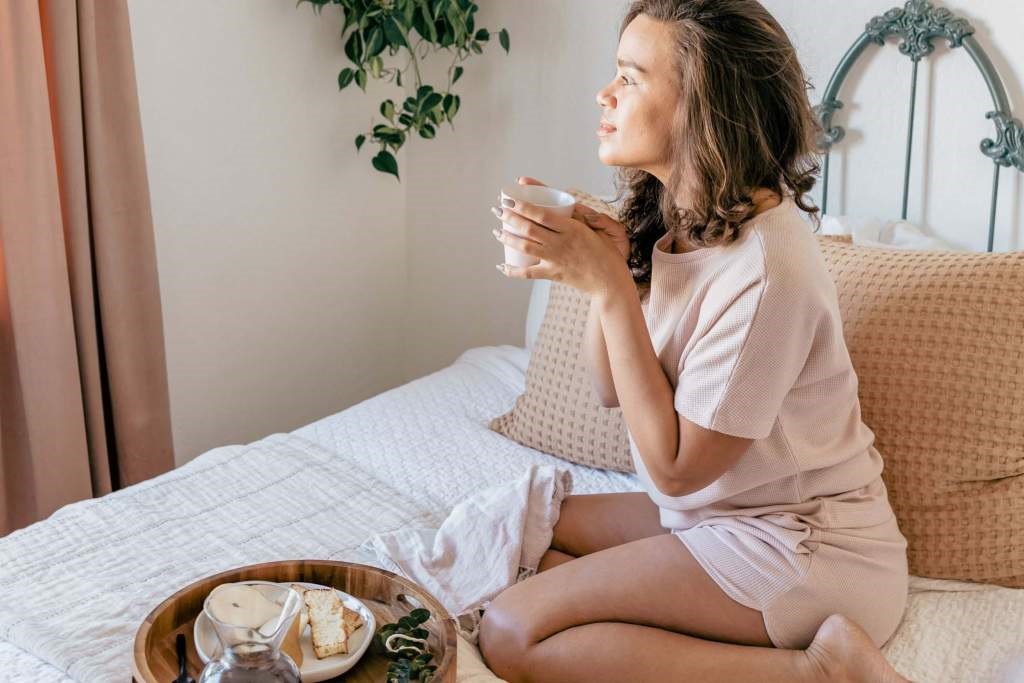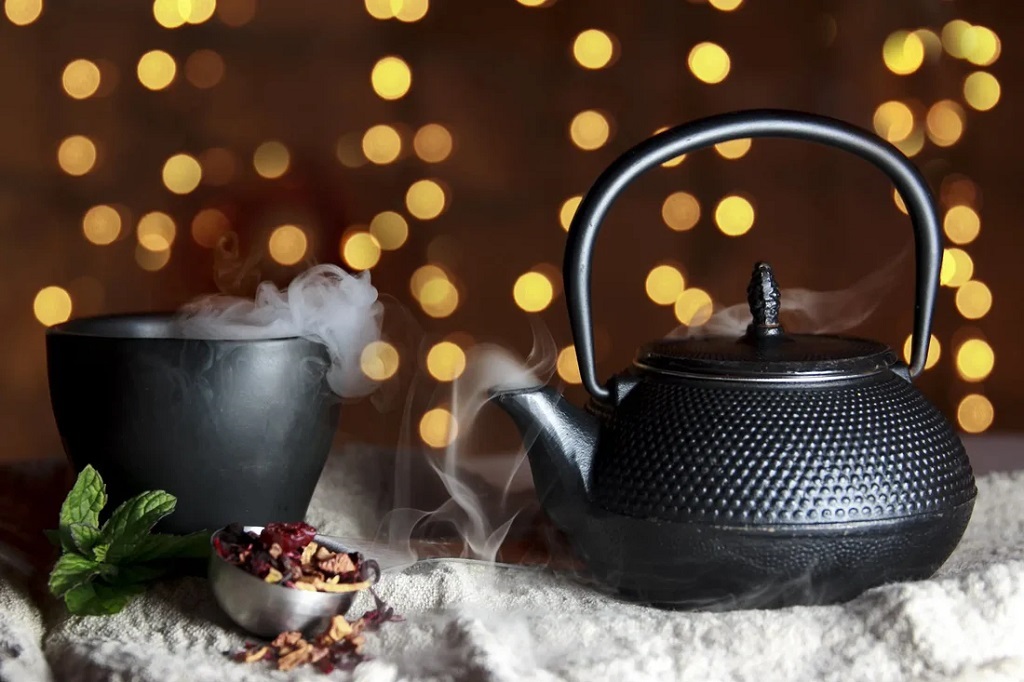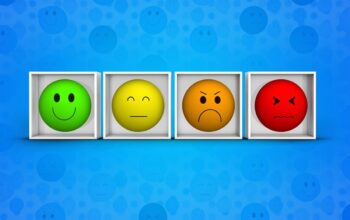Counting sheep just not cutting it anymore? In our fast-paced world, achieving a good night’s sleep can be a challenge. While natural sleep aids are tempting, sugary drinks and sleep medications often come with unwanted side effects. Fortunately, nature offers a variety of soothing beverages that can gently coax you towards dreamland.
This article explores natural drinks to promote better sleep, delves into the science behind their effectiveness, and offers tips for creating a relaxing bedtime routine. Discover herbal teas, warm milk variations, and other natural concoctions to help you unwind and drift off to sleep faster.
Important Note: While these drinks can be helpful sleep aids, they are not a cure-all. If you experience persistent sleep problems, consult a healthcare professional to rule out any underlying medical conditions.
The Science of Sleep and Soothing Sips
Before exploring the drink options, let’s understand how these beverages might promote better sleep:
-
Relaxation and Calming Effects: Certain herbs possess natural calming properties. Chamomile, for example, contains apigenin, a flavonoid that may bind to certain brain receptors and promote relaxation.
-
Melatonin Boost: Some ingredients, like tart cherry juice, contain small amounts of melatonin, a hormone that regulates your sleep-wake cycle. While the melatonin content might be minimal, it might provide a slight nudge towards sleepiness.
-
Warmth and Comfort: Sipping a warm beverage can create a sense of ritual and relaxation, signaling to your body that it’s time to wind down.
-
Hydration Support: Dehydration can disrupt sleep. Drinking calming beverages before bed can help ensure you’re adequately hydrated, promoting better sleep quality.
Remember: Everyone responds differently to these natural remedies. Experiment and find what works best for you.
Herbal Teas: Nature’s Sleepytime Staples
Herbal teas have been used for centuries to promote relaxation and sleep. Here are some popular options:
-
Chamomile Tea: A classic choice, chamomile tea is known for its calming properties. Studies suggest it might promote relaxation and improve sleep quality.
-
Valerian Root Tea: This herb has been traditionally used as a sleep aid. While research is ongoing, some studies suggest it might improve sleep quality in some individuals.
-
Lavender Tea: The scent and flavor of lavender can promote relaxation. While limited research exists on its impact on sleep, some find lavender tea to be a soothing bedtime drink.
-
Passionflower Tea: This herbal tea may possess mild sedative properties. Some studies suggest it might improve sleep quality, particularly for people with anxiety.
Tip: Look for high-quality loose-leaf teas or organic tea bags for a more potent and flavorful experience.
Warm Milk Variations: A Classic Comfort Drink
Warm milk has long been considered a bedtime staple, and for good reason. Here are some variations to explore:
-
Warm Milk with Honey: The warmth of milk combined with the natural sweetness of honey can be a comforting and relaxing bedtime drink. Honey might also promote a slight rise in blood sugar, leading to the release of insulin, which can trigger sleepiness (be mindful of portion sizes to avoid blood sugar spikes).
-
Golden Milk: This trendy beverage combines warm milk with turmeric, ginger, cinnamon, and a pinch of black pepper. While not specifically a sleep aid, the anti-inflammatory properties of turmeric and the soothing qualities of ginger can promote relaxation and overall well-being, which can indirectly improve sleep.
-
Tart Cherry Juice: While not technically a milk-based drink, tart cherry juice deserves a mention. Research suggests it might contain small amounts of melatonin and certain antioxidants that may improve sleep quality, particularly for people with insomnia.
Remember: If you’re lactose intolerant, consider lactose-free milk alternatives or opt for herbal tea options.

Beyond the Mug: Creating a Relaxing Bedtime Routine
Drinks can be a helpful tool, but a holistic approach is key for better sleep. Here are some tips for creating a relaxing bedtime routine:
-
Establish a Sleep Schedule: Go to bed and wake up at consistent times, even on weekends. This helps regulate your body’s natural sleep-wake cycle.
-
Create a Relaxing Environment: Make sure your bedroom is dark, quiet, and cool. Invest in blackout curtains, earplugs, and a comfortable mattress.
-
Power Down Before Bed: Avoid screen time for at least an hour before bed. The blue light emitted from electronic devices can interfere with sleep.
-
Relaxation Techniques: Incorporate calming activities into your bedtime routine, such as taking a warm bath, reading a book, or practicing deep breathing exercises.
-
Limit Stimulants: Avoid caffeine and alcohol close to bedtime. While they might induce drowsiness initially, they can disrupt sleep later in the night.
-
Regular Exercise: Regular physical activity can improve sleep quality. However, avoid strenuous workouts too close to bedtime, as they can be stimulating.
-
Manage Stress: Chronic stress is a major sleep disruptor. Practice stress-reduction techniques like yoga, meditation, or journaling to unwind before bed.
Remember: If you continue to experience sleep problems despite implementing these tips, consult a healthcare professional. They can help identify any underlying medical conditions and recommend appropriate treatment options.
Related: How Do You Customize Reaction Emojis?
Conclusion: Nature’s Gentle Nudge Towards Slumber
While these natural drinks can’t guarantee instant sleep, they can be a valuable tool in your sleep toolkit. By incorporating soothing beverages into a relaxing bedtime routine, you can create a natural sleep ritual that promotes relaxation and helps you drift off to dreamland faster. Remember, consistency is key! Experiment with different options, find what works best for you, and prioritize healthy sleep habits for a good night’s rest. Sweet dreams!




